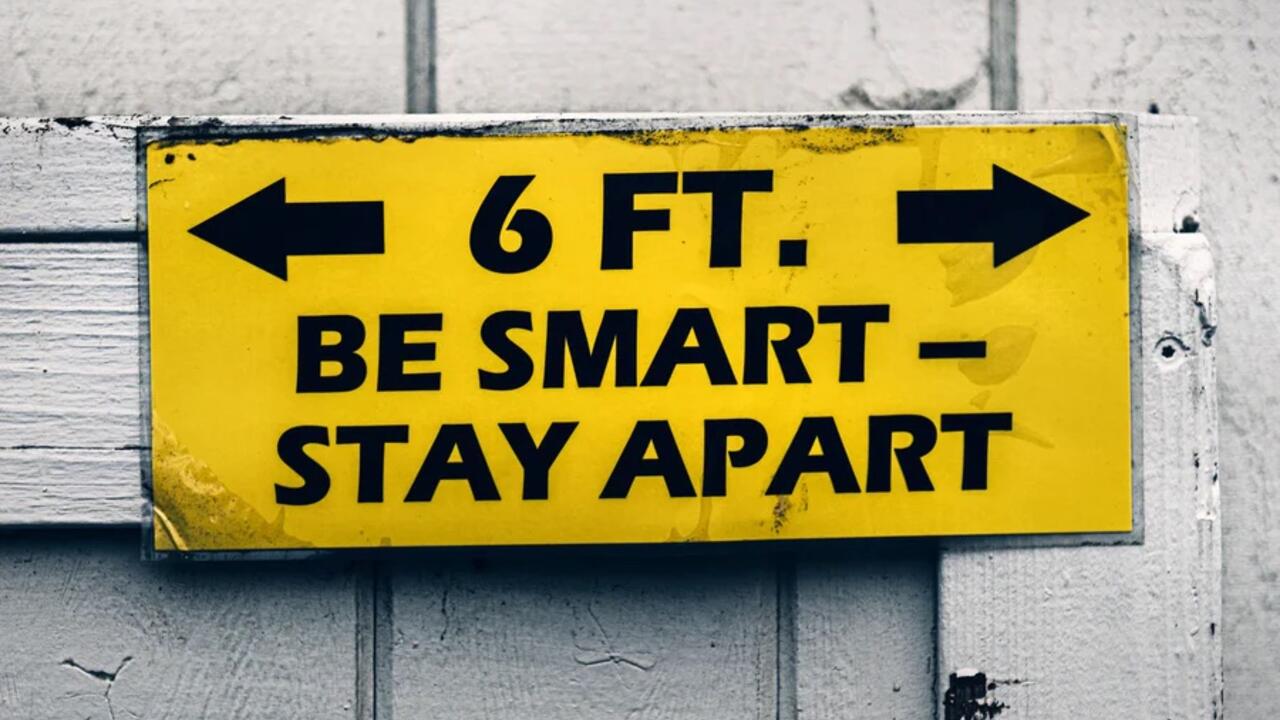
Q and A with the experts: Why do we look for loopholes in COVID-19 restrictions?
Is it human nature to break the rules? Are people just sick of COVID-19 restrictions?

Is it human nature to break the rules? Are people just sick of COVID-19 restrictions?
By Media RelationsWe spoke to Professor Christine Purdon, a registered psychologist, about why it is that some people are not following Public Health guidelines and COVID-19 precautions.
Why do people not follow public health rules even though they know they should?
First, I am not sure people always agree that they should follow the rules. Some people mistrust the rules, some people feel the rules are too strict, and others think that following the rules causes more harm than following them saves.
If people do agree in principle with the rules, they may find themselves able to rationalize breaking them. For example, if they really would like a change of scenery and could go to a cottage, they may tell themselves that they can still follow the spirit of the rules by not stopping on the way to the cottage and bringing all of their groceries with them, so they won’t be in contact with anyone. What they may be overlooking is that the probability of not needing to stop either to or from the cottage is low, and that the probability of needing something from a store is high – we all forget something important, like milk or bread, and when we get to the cottage, we may find we need a new shovel, or ice melt.
How can the government get people to follow the rules, short of police enforcement?
First, government can lead by example. No one in a leadership position – particularly in areas of public health and government – should be breaking the rules.
Second, government can give clear, consistent messages about the rules – not doing things like making a rule but then declining to impose the stated fines for breaking them.
Third, government can give people hopeful and encouraging messages while also clearly illustrating how following these difficult rules can make a big difference.
Is it human nature to look for loopholes in the rules?
I think it is human nature to perceive the end as justifying the means. It is very easy to tell ourselves that breaking a rule will have very minor, if any consequences (e.g., helping a family member skip the queue for vaccination) and will have important payoffs (being able to see a loved one in a care home).
I think this is a time to ensure we make COVID-19 related decisions with our heads rather than our emotions.

Read more
To meet our AI ambitions, we’ll need to lean upon Canada’s unique strengths

Read more
New research from the University of Waterloo centres Haudenosaunee-led efforts in the repatriation and reclamation of cultural and intellectual property

Read more
Researchers awarded funding to investigate ecology, climate change, repatriation, health and well-being through cultural and historical lens
The University of Waterloo acknowledges that much of our work takes place on the traditional territory of the Neutral, Anishinaabeg, and Haudenosaunee peoples. Our main campus is situated on the Haldimand Tract, the land granted to the Six Nations that includes six miles on each side of the Grand River. Our active work toward reconciliation takes place across our campuses through research, learning, teaching, and community building, and is co-ordinated within the Office of Indigenous Relations.